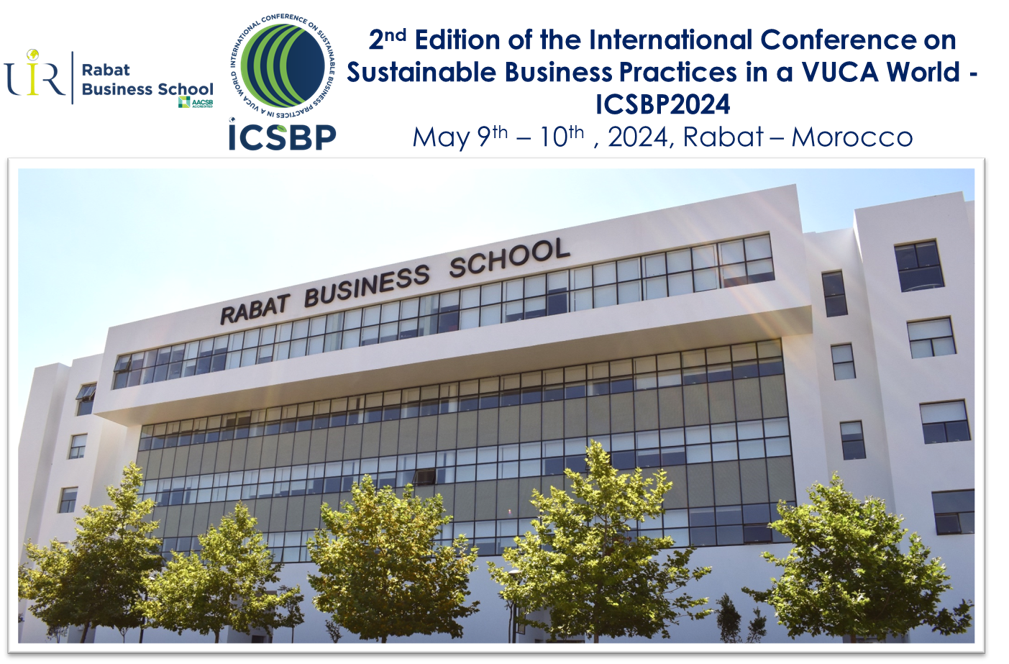Supply Chain Management Tracks > Track 2: Mathematical Optimization Techniques for Net-zero Carbon, Sustainable Operations and Logistics
Track Chairs:
- Dr. IMAD EL HARRAKI, Ecole Nationale Supérieure des Mines de Rabat, Morocco
- Dr. ABDELBARI REDOUANE, Ecole Nationale Supérieure des Mines de Rabat, Morocco
- Dr. Maria LEBBAR, Ecole Nationale Supérieure des Mines de Rabat, Morocco
This track focuses on the role of optimal control in achieving net-zero carbon and sustainable operations and logistics. It aims to bring together experts from academia, industry, and government to share their experiences and insights on using optimal control to optimize operations and logistics for sustainability.
Suggested Topics:
- Mathematical Modeling for Sustainable Operations: Developing mathematical models for sustainable operations and logistics using optimization techniques such as linear and nonlinear programming, mixed-integer programming, and stochastic programming.
- Energy Optimization for Net-zero Carbon Operations: Optimization of energy systems, including renewable energy integration, energy storage, demand response, and energy-efficient operations.
- Sustainable Transportation Optimization: Optimization of transportation operations, including routing, scheduling, mode selection, and fleet management, to reduce carbon emissions and increase efficiency.
- Supply Chain Optimization for Sustainability: Optimization of supply chain operations, including network design, inventory management, and sourcing, to reduce environmental impact and increase resilience.
- Decision Support Tools for Sustainable Operations: Development of decision support tools using optimization techniques to facilitate sustainable operations, including real-time control, predictive analytics, and scenario analysis.
- Integration of Multiple Objectives: Development of multi-objective optimization techniques to balance economic, environmental, and social objectives in sustainable operations and logistics.
- Uncertainty and Risk Management: Development of optimization techniques to manage uncertainty and risk in sustainable operations and logistics, including stochastic optimization and robust optimization.
- Big Data Analytics and Optimization: Integration of big data analytics with optimization techniques to improve sustainability in operations and logistics, including machine learning, deep learning, and artificial intelligence.
- Optimization-based Control Strategies: Development of optimization-based control strategies for energy systems, transportation systems, and supply chains to achieve net-zero carbon and sustainable operations.
- Policy and Regulation: Analysis of the impact of policy and regulation on sustainable operations and logistics, and the development of optimization techniques to comply with policy requirements.
|


